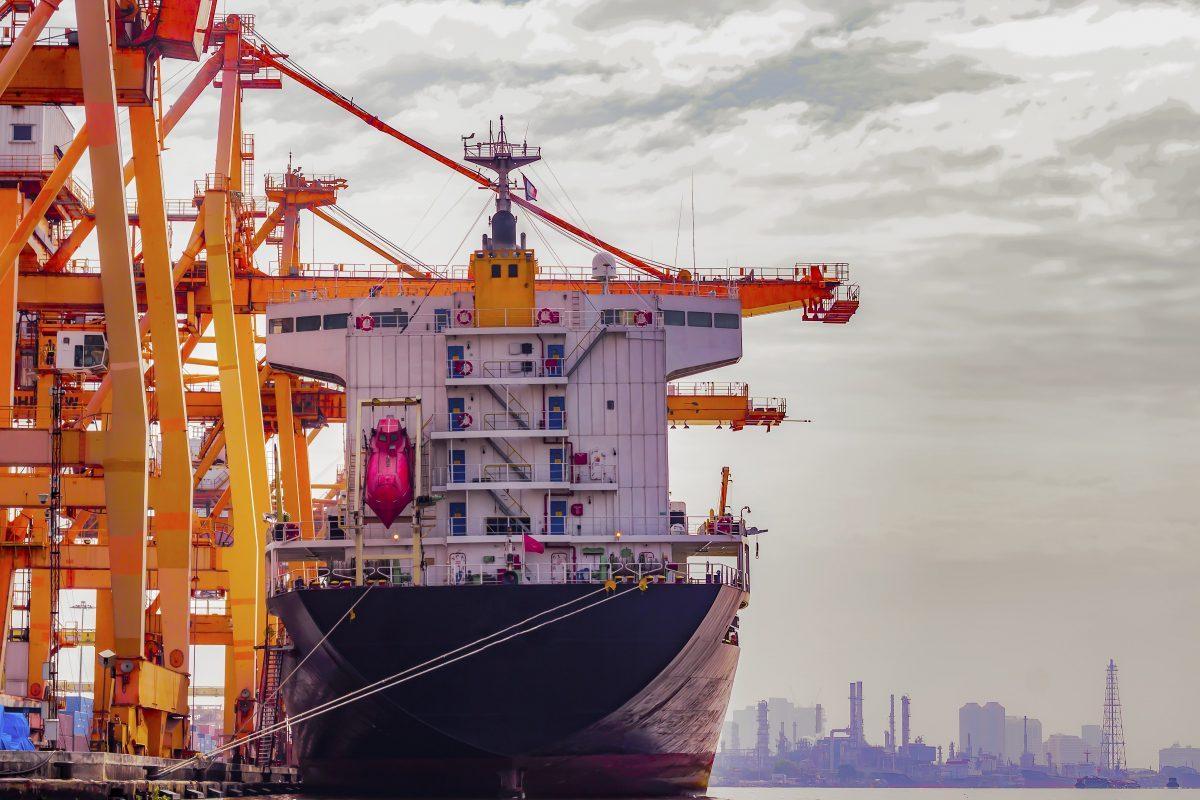March 21, 2018 | Cargo Insurance, Industry Insights
Keeping Food Loads Safe from Contamination

The FDA’s Food Safety Modernization Act (FSMA) rule on Sanitary Transportation of Human and Animal Food is now fully final, with all impacted parties having to comply by April 6. The FSMA is meant to advance the FDA’s efforts to protect foods from farm to table by keeping them safe from contamination during transportation. The rule establishes requirements for shippers, loaders, carriers by motor or rail vehicle, and receivers and brokers involved in transporting human and animal food to use sanitary practices to ensure the safety of that food.
Many carriers that fall under this ruling have already been following the rules during the past year or so and have implemented best practices to keep the cargo safe from contamination and to remain in FSMA-compliance. The new rules require carriers to:
- Ensure they have written standard operation procedures for the cleaning and inspection of vehicles.
- Develop a safety plan that focuses on food transportation.
- Conduct mandatory training for all transportation operations personnel (loaders, unloaders, drivers, supervisors). Training certificates should be kept on file.
- Perform a comprehensive review of contracts to assess whether the shipper reassigned general sanitation responsibilities to them, or if the shipper is still bearing those responsibilities.
- Conduct employee training based on the regulations and around the sanitization of equipment.
But did you know that shippers’ requirements do not always match FSMA requirements? You may be FSMA compliant and be transporting goods outside of the temperature requirement of the manufacturer. Do not rely on FSMA requirements. There is a difference between food safety and food quality as it is seen by the producer of the goods.
Rely on customer contracts that define your responsibility as a provider of transportation in the food chain. Do not accept liability for foods not covered by the *STF Rules as you put yourself at risk for claims that you would not normally be responsible for.
Choosing the proper carrier by a formal vetting process is key to the success of your FSMA Program. You cannot use the same technique for vetting carriers moving machinery as you do for goods being transported under FSMA rules
Choosing the right carrier and having an understanding about truck seal integrity is critical as a broken seal can cause the load to be refused even though the food has been maintained at the required temperature for transport. Does your carrier contract address responsibility for the disposal of unadulterated product that is refused for issues with seal integrity? Seal integrity confirms chain of custody. Once that chain is broken all sorts of bad things happen.
Therefore it is critical to remind carriers to be extra vigilant during mandated downtime. It is even more critical that the Carrier makes good decisions where to park.
Roanoke Trade provides a full spectrum of insurance products, including Cargo insurance to protect shippers from financial loss. Please contact your Roanoke Trade professional at 1-800-ROANOKE (800-762-6653) for more information.
Sources: Fleet, FDA*21 C.F.R. 1.900et seq.





